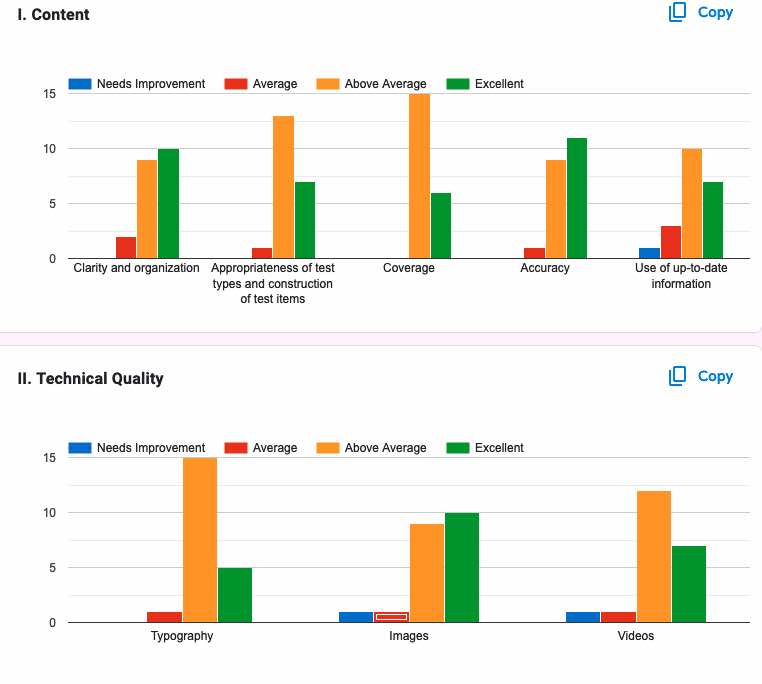Session Information
Session Type: Poster Session C
Session Time: 9:00AM-11:00AM
Background/Purpose: The ARGO Project (applied rheumatology on the go) is an online learning tool in Rheumatology. It uses Cerego, an adaptive learning technology online/mobile platform. Started in 2017, by integrating distance learning (or e-learning), busy trainees or early career Rheumatologists can review or update themselves in Basic and Applied Rheumatology. The 20 modules of various rheumatology question materials are presented to the learner depending on their individual learning patterns. Items that the learner seems to have more difficulty with will be shown more frequently compared to items they find easy. There are notes, and external resources for the learner to facilitate asynchronous learning. Users and instructors can track progress and determine the difficulty of questions.
Methods: The platform is catered towards helping recently graduated fellows into reviewing prior to their board exams. Enrollment is voluntary through interest and word of mouth from past fellows. This year, instructor editors were invited to help update the content of the project.
Usability surveys on the use of the platform were sent to the society communications group. Descriptive analysis was used to analyze the results. Free text answers were categorized into themes.
Results: At the time of this interim analysis only 21 of the prior 70 past and current fellows agreed to evaluate the platform. 33% of the respondents were from the first batch of 2017, followed by 2019. 66% of the fellows did not know how to use the Spaced Repetition concept. For those who used the platform for more than 1 yr (those who did not pass the board exam the first time), only 2 out of 9 respondents used it less for the second year. When asked about the content of the modules, the majority of the respondents answered it was above average. It is expected to see some feedback about the need to upgrade the information since the module was originally started in 2017. With regards to technical quality, a few respondents recommended adding more images and videos. This is important feedback given the increase in use of musculoskeletal ultrasound in our curriculum over the last few years. Nevertheless it is reassuring to see that navigation was still easy for the users. When asked which part of the project they favored the most, the majority selected the flashcards and mnemonic notes. All respondents felt they would recommend the platform as a learning tool. For the free text comments, there appeared to be some common suggestions themes such as automation: notification messages or emails when not logging in at appropriate intervals. Another common suggestion theme was to use the platform in tandem with the examination blueprint topics.
Conclusion: The survey will continue until the next interval progress report as part of the ILAR grant requirements. It is reassuring to see that a 6 year old module retains most of it’s usability for medical education. Additional images and videos may be needed for improved user experience. For the next phase of the project, a separate feedback form will be sent to the instructor-editor groups invited to update the content of the modules.
To cite this abstract in AMA style:
Traboco L, Chua K, Reyes S, Navarra S. Interim Evaluation of a 6 Year Remote Online Adaptive Learning Platform Module for Rheumatology Fellows: Applied Rheumatology on the Go [abstract]. Arthritis Rheumatol. 2023; 75 (suppl 9). https://acrabstracts.org/abstract/interim-evaluation-of-a-6-year-remote-online-adaptive-learning-platform-module-for-rheumatology-fellows-applied-rheumatology-on-the-go/. Accessed .« Back to ACR Convergence 2023
ACR Meeting Abstracts - https://acrabstracts.org/abstract/interim-evaluation-of-a-6-year-remote-online-adaptive-learning-platform-module-for-rheumatology-fellows-applied-rheumatology-on-the-go/


